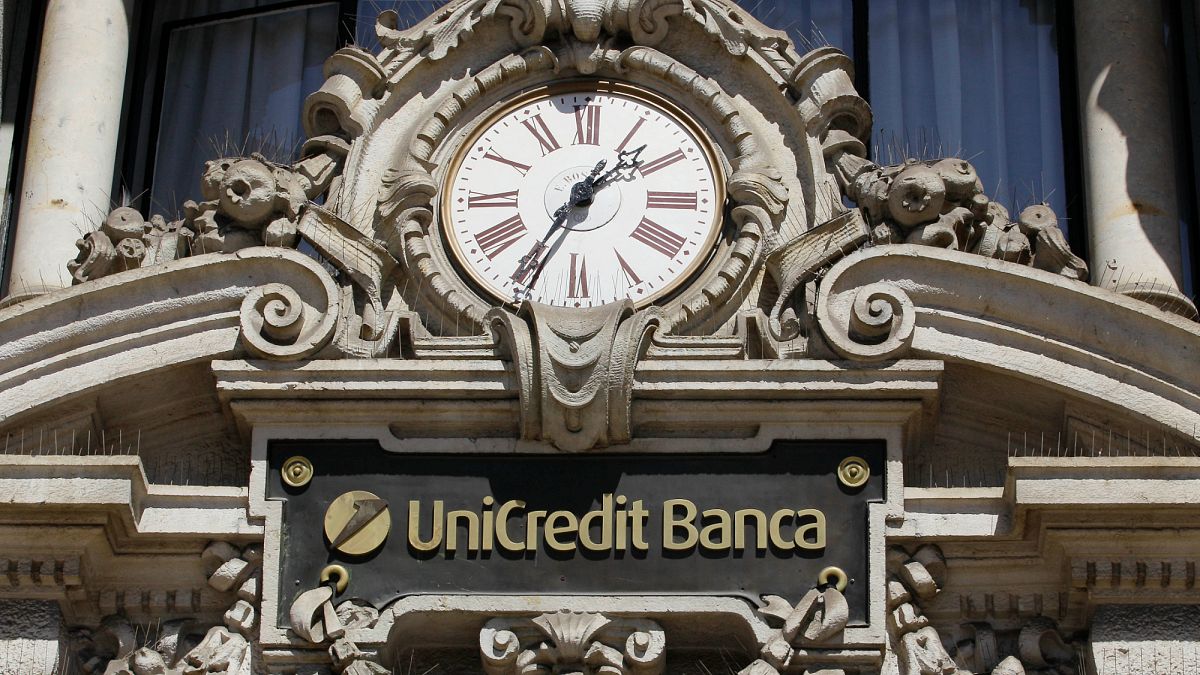

In a remarkable period of economic news, global markets have responded positively to major developments involving international trade and corporate performance. Recent announcements from the United States and Italy have spurred notable shifts in both economic optimism and market behavior.
UniCredit, one of Europe’s leading financial institutions, has announced record-breaking earnings in the second quarter of the year. The bank’s impressive performance has been lauded as the ‘best year ever’ by CEO Andrea Orcel. This strong performance and increased confidence have led UniCredit to revise its 2025 outlook positively and introduce a new share buy-back initiative. The announcement has bolstered investor confidence and positioned the bank as a strong performer in the financial sector. These results speak to the underlying strength and strategic direction of the institution, which is striving to maintain its robust trajectory in an evolving market environment.
Meanwhile, in a significant development between the United States and Japan, former U.S. President Donald Trump announced a new trade deal which lowers previously threatened tariffs on Japanese goods from 25% to 15%. This reduction marks an important shift in trade policy, potentially smoothing the economic relationship between these two powerhouse nations. This agreement also addresses a $69.4 billion trade imbalance with Japan, which the U.S. Census Bureau reported for the previous year. The move has prompted a positive reaction from financial markets worldwide. The Tokyo Stock Exchange witnessed an uplift, with the Nikkei index advancing by 3.5%, and similarly, the European FTSE 100 index registered a 0.5% increase.
The implications of these economic developments are widespread, as financial markets worldwide tend to react swiftly to shifts in trade policies and corporate performance announcements. The trade deal between the U.S. and Japan is particularly noteworthy, as trade tensions and tariffs have historically had complex repercussions on global economic stability. With reduced tariffs on Japanese imports, the expectation is for increased trade flow between the two nations, promoting economic synergy and stability within Asian markets and beyond.
In juxtaposition, there is a contrasting narrative unfolding in Brazil, where political tensions are intensifying. Brazilian authorities have frozen the assets of Eduardo Bolsonaro, the son of the former president Jair Bolsonaro, amid suspicions of financial misuse to influence political dynamics in the US. This development adds another layer to the intricate political landscape in Brazil, where allegations of a potential coup attempt following the 2022 elections have led to heightened scrutiny and judicial interventions. While these internal affairs highlight the complexity of global interrelations, they serve as a reminder of the intricate balance between politics and economics in shaping international alliances and market perceptions.
In summary, these momenous announcements from various parts of the world indicate a dynamic shift in both financial performance and international trade policies. As the economic landscape continues to evolve, the outcomes of these recent developments may lead to greater economic collaboration and growth, fostering a more interconnected and stable global market environment. The calm financial waters observed seem to be a positive harbinger for future engagements and the potential for further economic revitalization on the global stage.
Source: {link}
